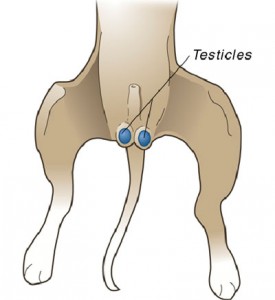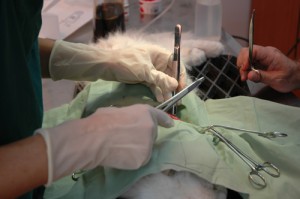Orthopaedic Surgeries
We perform many types of orthopaedic (bone) surgeries in our clinic. Because we want to ensure that our patients receive the best possible outcome, we occasionally refer them to board-certified orthopaedic surgeons to perform back surgery and other very complex surgeries.
Cruciate ligament disease, patella abnormalities, and bone fractures are among the most common orthopaedic problems presented at our clinic. They can all be treated in a variety of ways, depending on the patient, breed, severity of ligamentous damage, and location and severity of fracture.
Please contact us if you have any questions about these procedures or if you think your pet might benefit from them.
Pain Management
We are dedicated to providing the most effective and safe pain management to all our patients, customised to their needs, life stage, breed, and specific procedure. If you have any questions on how we manage your pet’s pain or the medications we use, please ask.
Local Anaesthetic
If your pet is having a minor surgical or diagnostic procedure performed, we sometimes use a local anaesthetic to help control pain. For example, when we perform a biopsy (in which a small portion of tissue is surgically removed so it can be examined), we often use a local anaesthetic. Local anaesthetics cause a loss of sensation in the area where the procedure is being performed. We sometimes use a sedative and/or anxiolytic (anti-anxiety medication) in combination with the local anaesthetic to keep pets calm during a procedure.
Continuous Rate Infusions (CRIs)
If your pet is having a major surgery or is extremely unwell, we sometimes use continuous rate infusions (CRIs) to provide a high level of multi-modal pain relief. The medications we use are frequently a combination of sedatives, opioids, local anaesthetic and other pain relief delivered via a fluid pump. This is a safe and tremendously effective way to manage severe pain.




